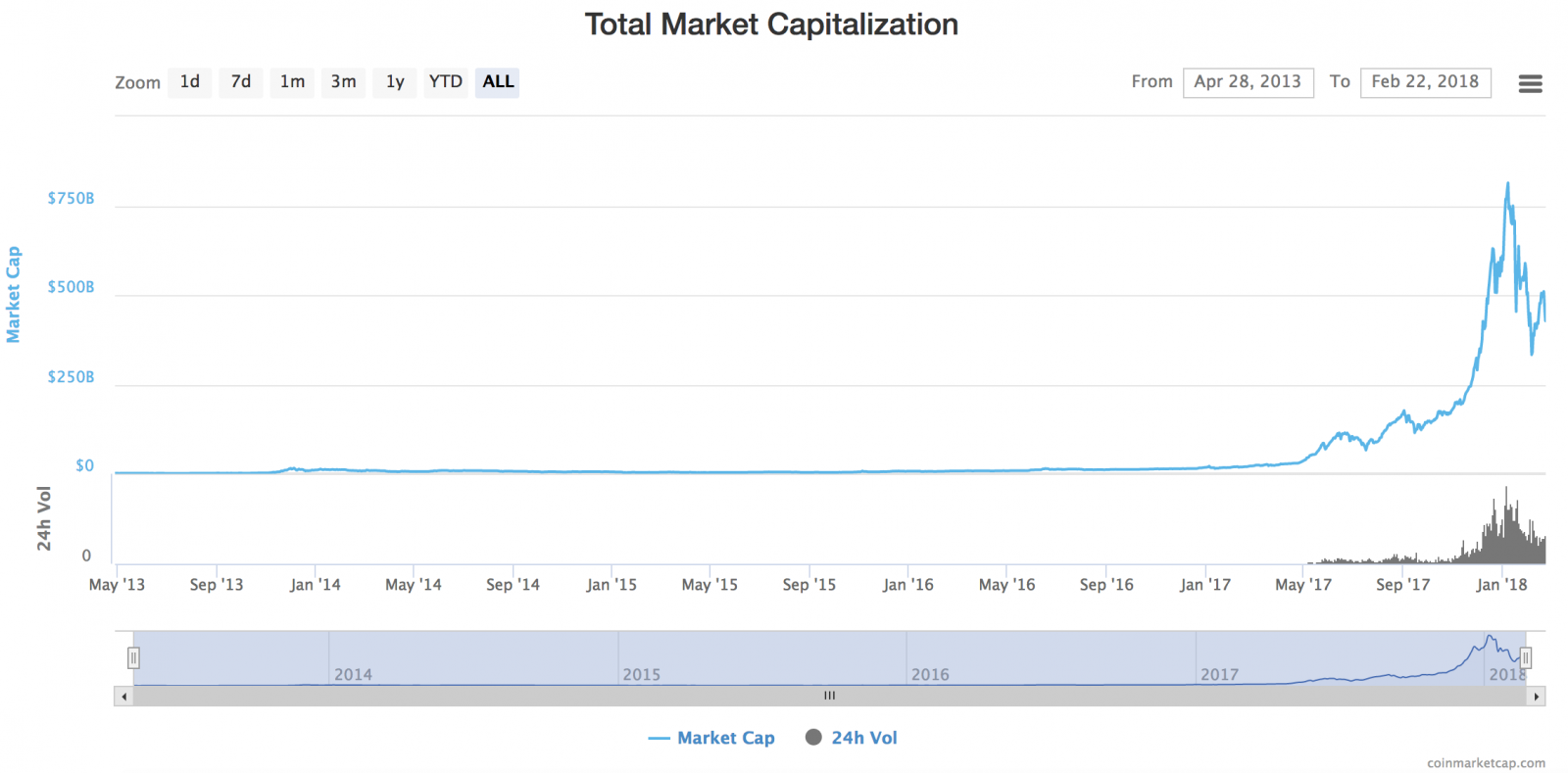Legal
UK Government Body Scrutinises Crypto-Currencies, Blockchain

As cash continues to flood into the crypto-currency market, the UK Treasury Committee is examining the impact digital coins could have on the economy, their potential benefits and the associated investment risks.
The UK has launched an inquiry into crypto-currencies as
Parliament fears they are being used by criminals to wash dirty
cash and that investors do not fully understand the risks
involved.
The probe by the Treasury Committee, a parliamentary watchdog
overseeing financial affairs, will examine the role of
crypto-currencies, such as bitcoin, in the UK, as well as the
potential impact of the underlying blockchain technology on
the financial services sector.
It will also scrutinise the regulatory response to
crypto-currencies from the government, the Financial Conduct
Authority (FCA) and the Bank of England, aiming to strike a
balance to protect investors without stifling
innovation.
Nicky Morgan, MP and chair of the Treasury Committee, said:
“People are becoming increasingly aware of crypto-currencies such
as bitcoin, but they may not be aware that they are currently
unregulated in the UK, and that there is no protection for
individual investors. The Treasury Committee will look at the
potential risks that digital currencies could generate for
consumers, businesses, and governments, including those relating
to volatility, money laundering, and cyber-crime.”
Over the past year, more than $700 billion has flooded into the
crypto-currency market at its peak, with investments coming from
speculative first-timers through to bitcoin-focused hedge funds
trading hundreds of millions of dollars. The crypto-currency
market is currently valued at around $431 billion, compared with
just $18 billion last January.

The inquiry will investigate to what extent crypto-currencies
could “disrupt the economy and replace traditional means of
payment,” Morgan said.
Nigel Green, founder and chief executive of deVere Group, said
governments’ and financial regulators’ work to establish rules
around crypto-currencies “must be championed” as they have, until
recently, “been operating in a regulatory vacuum”.
He said: “There is no question that regulation is necessary and
is on its way. It is clearly an area in which there is an
enormous need for a robust international regulatory framework and
strict ongoing supervision.”
One of the most effective ways to address regulatory issues, he
said, is via crypto-currency exchanges, online platforms that
facilitate trades of fiat currency for digital coins.
“Nearly all foreign exchange transactions go through banks or
currency houses and this is what needs to happen with
crypto-currencies,” Green said. “When flows run through regulated
exchanges, it will be much easier to tackle potential wrongdoing,
such as money laundering, and make sure tax is paid. For this to
happen, banks will need to open accounts for exchanges, which is
why they must be regulated.”
He concluded: “Robust regulation that is devised, implemented and
enforced by international financial regulators will mean further
protection for the growing number of people using
crypto-currencies, the less likely it will be that criminals will
use these digital payment methods, the less potential risk there
will be for the disruption of global financial stability, and the
more potential opportunities there will be for higher economic
growth and activity in those countries which introduce it.”